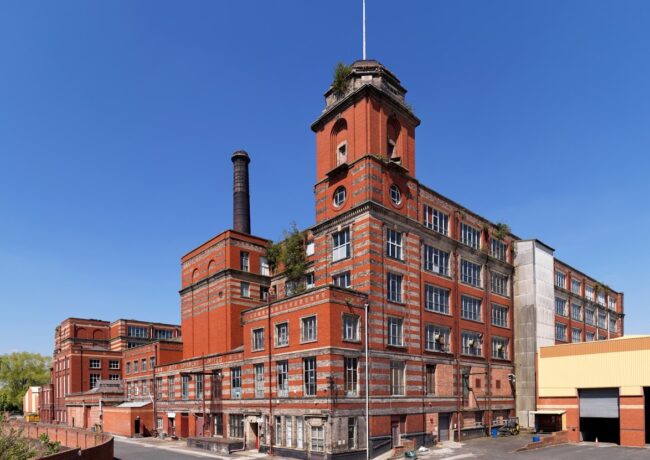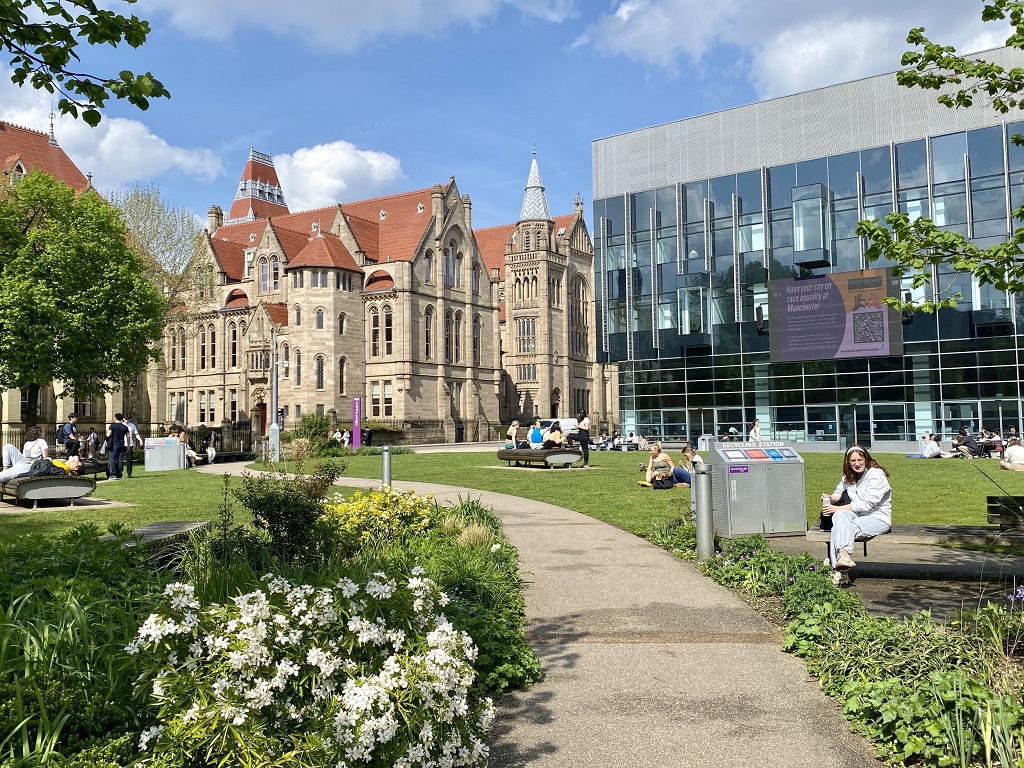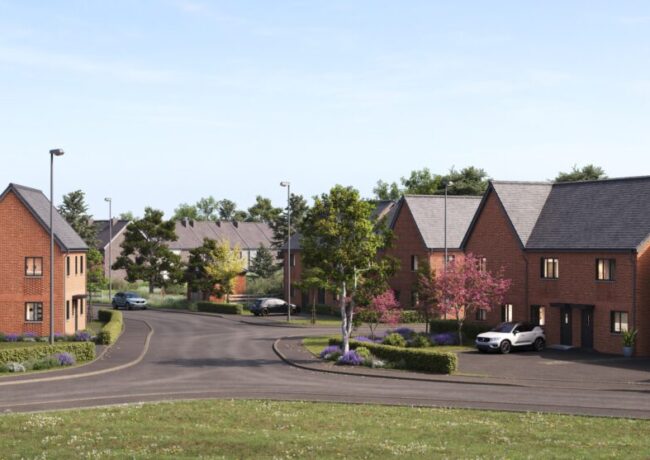Nearly half of Greater Manchester’s historic mills lost since 1980s
An Historic England-funded report by the University of Salford has found that 45% of Greater Manchester’s historic mills have been destroyed in the last 30 years.
Of all of Greater Manchester’s regions, Salford has seen the highest proportion of mills lost at 66%.
Nearly 20% of the remaining mills are also considered to be “at risk”, particularly those around Bolton, Salford, Stockport, and Dukinfield.
The report also found significant variation in the rates of occupancy in historic mill buildings across the region. For example, 82% of floorspace in Oldham’s mills is in economic use, compared with only 47% in Wigan.
The total floorspace in historic mills in Greater Manchester is nearly 40.5m sq ft, and it is estimated that 12.5m of this is either vacant or under-used, equating to around 31% of the total space.
Combined with the amount of vacant mill space in Lancashire, Historic England estimates this space could provide up to 25,000 new homes across both regions.
To help support mills in the region, Historic England has announced a £252,000 grant to Leigh Spinners mill, one of the last major textile mills to be built in the UK.
The grade two star-listed building will be repaired to safeguard it for future use, depending on whether its owners can match Historic England’s funding.
Catherine Dewar, Historic England’s planning director in the North West said: “With their ability to accommodate wonderful homes, workplaces and cultural spaces, our historic mill buildings deserve a future and should not be destroyed.
“They helped make us who we are in the north of England and have a profound impact on the physical and cultural landscape.
“Mills have so much to offer in terms of space, character and identity. By shining a light on successful regeneration projects, we hope to inspire others to recognise the potential of our former industrial buildings and start a conversation about their future.”
Greater Manchester Mayor Andy Burnham said: “It’s a real shame that half of Greater Manchester’s historic mills have been lost. These buildings are an important part of our industrial legacy – the original Northern Powerhouse.
“But equally they are an important part of our future, whether that’s creating new jobs for local people by investing in the industries of the future, providing much-needed affordable housing, or transforming these unique spaces into cultural destinations.
“I fully support Historic England’s plea to ensure our remaining mills have a key place in the developing fabric of our region.”
A number of mill conversions are currently on site in the centre of Manchester, including Avro by Urban Splash, Murrays’ Mills by Manchester Life, and Crusader and Talbot Mill by Capital & Centric. Meanwhile, developers outside of the city maintain that mill conversions are hard to make stack up; the demolition of a 520,000 sq ft mill in Bolton was confirmed in September, after Historic England withdrew its objections.




